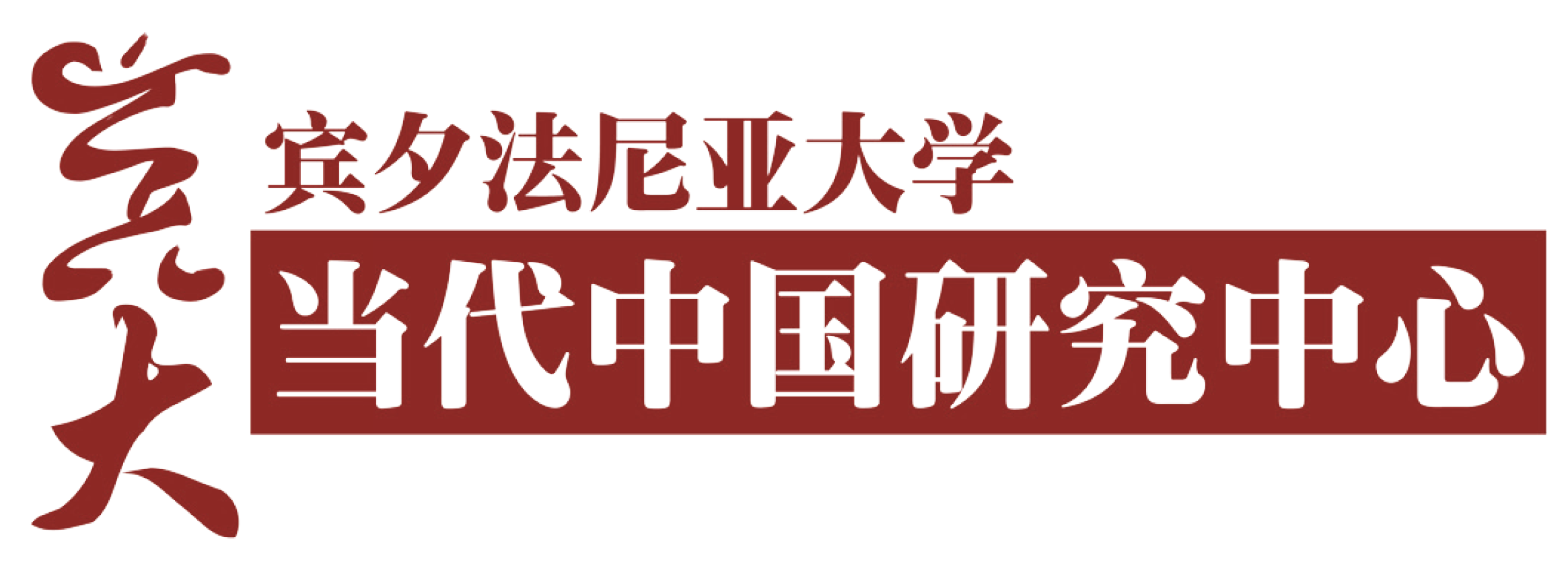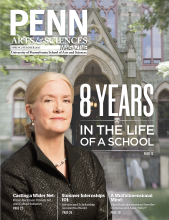Penn China Center Attracts Top Minds

A little over a year ago, Penn’s first center dedicated to research and scholarship in and about contemporary China opened its doors—and it’s been a busy first year. “It’s exceeded our expectations in a big way,” says Avery Goldstein, the inaugural faculty director of the Center for the Study of Contemporary China (CSCC) and David M. Knott Professor in Global Politics and International Relations. “We expected a modest program the first year, with a handful of visiting speakers each semester, but almost immediately we started receiving interest from scholars all across the world who wanted to stop in to give talks.”
Guest speakers are one of the Center’s main means of cultivating scholarly research and discussion. Over the past year, the 25 speakers hosted by the CSCC have included scholars, policy advisors, and prominent business leaders such as Justin Lin, former Senior Vice President and Chief Economist of the World Bank. For its annual speaker, the Center hosted Governor Jon Huntsman, C’87, former U.S. ambassador to China and presidential candidate. “We’ve had one of the most dynamic programs in Chinese law and related fields,” says Jacques deLisle, the Stephen A. Cozen Professor of Law, Professor of Political Science, and Deputy Director of the Center. “We co-hosted a series on China and human rights last spring and a major conference with leading Chinese and U.S. scholars on Chinese administrative law this fall, plus several lectures, roundtables, and other activities in the field.”
In addition to guest speakers and events, the Center also attracts prestigious visiting scholars, including two rising younger researchers from leading Chinese law schools: Xia Liping, Dean and Professor of the School of Political Science and International Relations at Tongji University in Shanghai, and Wang Xixin, Professor of Constitutional and Administrative Law at Peking University Law School. Xia offers valuable insight on Asian security, nuclear nonproliferation, and China’s foreign strategy, while Wang focuses on administrative law and reform.
Undergraduate research also plays an integral role at the CSCC. At a recent conference, Center students handpicked graduate student papers from the region, which they then discussed in an effort to encourage collaboration and scholarly discussion among the student research community. In addition, the Center provides postdoctoral fellowships to exceptional candidates. Current fellows include Xiaoying Liu, whose research focuses on the economic impacts of environmental programs in China, and Seung-Youn Oh, who studies China’s industrial restructuring and developmental path. Grants are also made available to graduate students. Upon completion, the students give a presentation that outlines their findings.
“It provides an important opportunity for graduate students to advance their research and interact with the growing community of scholars at Penn who specialize in the study of contemporary China,” says Goldstein.




